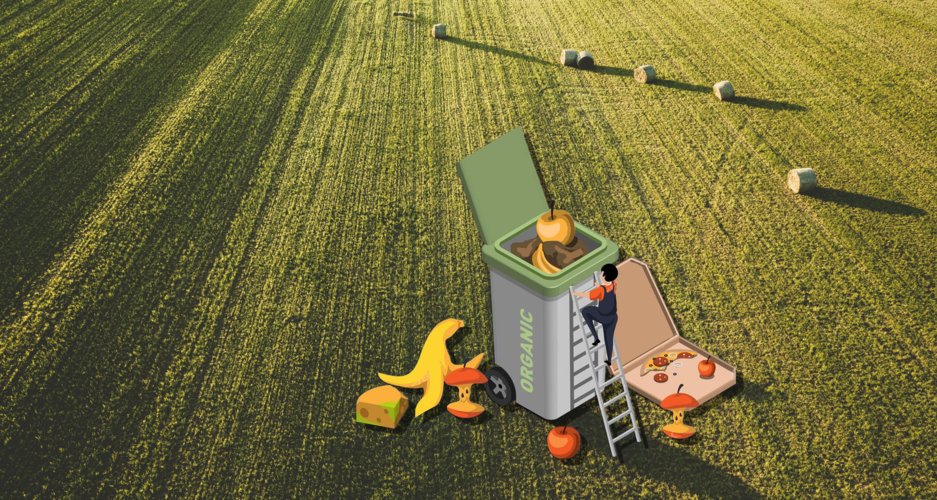Agricultural reuse of organic residuals
Course Description
The agricultural reuse of organic residuals represents a pioneering frontier in sustainable farming and environmental stewardship. It refers to the practice of recycling organic waste materials back into the agricultural system to enhance soil fertility, improve soil structure, and promote sustainable agricultural practices. This process is part of a broader approach known as organic recycling or organic waste management. Organic residuals, also called organic waste or biomass, can include various materials such as compost, food waste, manure, and other biological residues, with the aim of revitalising soil health, reducing the environmental burden of waste disposal, and fostering more sustainable agricultural systems. Studying how to reuse organic waste in agriculture is important for several reasons. Key topic can be identified as below.
Learning outcomes
Knowledge (after the completion of this LU, the learner will)
- Analyse types of organic residues that can be reused in agriculture.
- Compare the processes and treatments necessary to characterize and reuse organic residues
Skills (after the completion of this LU, the learner will be able to)
- Assess the characteristics that an organic waste must have to be reused.
- Examine the costs and benefits of reusing organic residues in agriculture.
- Design a simple workflow aimed at the recovery and utilization of organic residues in agriculture.
Competences (After the completion of this LU, the learner will be competent to)
- Apply knowledge and skills to participate actively in agricultural realities sensitive to sustainability topics.
- Distinguish processes required to transform a waste into something useful for the farm.
Make and defend decisions in this area aware of European regulations in terms of limitations and funding opportunities.



